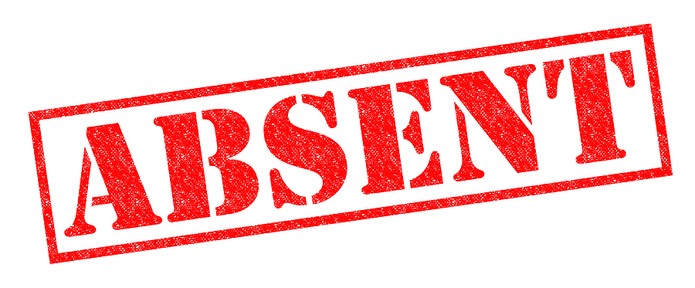 Given that he laid his hands on the referee, Fulham’s Aleksandr Mitrovic can perhaps thank his lucky stars that he hasn’t been banned for more than eight games.
Given that he laid his hands on the referee, Fulham’s Aleksandr Mitrovic can perhaps thank his lucky stars that he hasn’t been banned for more than eight games.
That was the punishment metered out to the Serbian following his dismissal against Manchester United in March, although the Football Association has claimed that the suspension is simply too lenient given the nature of Mitrovic’s antics.
The governing body believes the striker should be banned for longer given that he not only shoved Chris Kavanagh but also used threatening language in the incident, and they will launch an appeal in a bid to extend Mitrovic’s spell on the sidelines.
Whatever your view on the matter, Mitrovic’s current eight-game suspension is small fry compared to the longest bans in Premier League history.
Eric Cantona (Nine Months)

To describe former Manchester United and Leeds United legend Eric Cantona as mercurial would be rather under-selling the Frenchman’s penchant for the unpredictable.
But even he must have surprised himself back in 1995 when, after being sent off for a reckless foul on Crystal Palace’s Richard Shaw, he decided to launch himself into the crowd and perform a textbook kung-fu kick on a Palace supporter.
The nature of Cantona’s attack was such that he actually faced a potential prison sentence, although the judge offered some leniency after determining that the Frenchman was provoked – he instead served 120 hours of community service.
The FA also decided to ban Cantona for nine months, and he was independently stripped of the captaincy of the French national team.
At least some humour came out of the dark episode. A press conference hosted after Cantona’s sentencing gave the striker a chance to wheel out some of his more poetic thoughts, including the now infamous line ‘when the seagulls follow the trawler, it’s because they think sardines will be thrown into the sea.’ Answers on a postcard.
So did Cantona learn his lesson from such a lengthy ban? Erm, maybe not.
“I have been insulted thousands of times and have never reacted, but sometimes you are fragile,” he would later say.
“I have one regret. I would have loved to have kicked him even harder.”
Mark Bosnich (Nine Months)
 While Manchester United remained loyal to Cantona, the same cannot be said to Chelsea in their handling of Mark Bosnich’s own nine-month ban.
While Manchester United remained loyal to Cantona, the same cannot be said to Chelsea in their handling of Mark Bosnich’s own nine-month ban.
The Australian, a former United stalwart in his own right, had been beset by injuries in his first season at Stamford Bridge, and later admitted he had developed a cocaine addiction – confirmed by a drug test.
Bosnich was charged with testing positive for a banned substance and improper conduct, before being handed a nine-month ban.
One newspaper column claimed he was spending £500 a day on cocaine, and Chelsea took a dim view matter on the matter, terminating Bosnich’s contract with immediate effect.
The goalkeeper attempted to have the decision overturned on the basis of wrongful dismissal, but his case was thrown out by a Premier League tribunal.
Rio Ferdinand (Eight Months)

Completing a triumvirate of former Manchester United stars that have been handed lengthy Premier League bans is Rio Ferdinand.
The defender was published in sizable fashion when he ‘forgot’ to take a drug test at the club’s Carrington training complex. Ferdinand, after being alerted, returned to take the test – which he passed – although he had already been marked as absent.
“A guy comes to the training ground to do the drugs test and I forgot that he was there and went out for lunch,” he later revealed.
“I looked at my messages and realised I’d missed it. I said I was coming back, but they’d already left and it all kicked off from there really.
“I’ll never forgive them for the way I was treated. People had done worse and very similar to what I’d done and didn’t get treated like that.”
The FA took a dim view on Ferdinand’s forgetfulness and banned him for eight months; wiping out his 2003/04 season and even seeing him sidelined from England’s bid to win Euro 2004.
Adrian Mutu (Seven Months)

Another Chelsea ace, another long-term ban for cocaine use.
This time it was Romanian striker Adrian Mutu, who like Bosnich before him failed a drugs test and was sacked by Chelsea as a result – but not before the FA had dished out their seven-month ban.
The suspension had global power, so even through Mutu joined Juventus in the January after being terminated by the Blues, he couldn’t play for them until May.
In what was thought to be a world first, Chelsea sued Mutu for more than £15 million in compensation after failing to see out his contract, and while the Romanian took his case all the way to the European Court of Human Rights, they agreed that the striker should pay the London outfit after failing to deliver on his terms of employment.